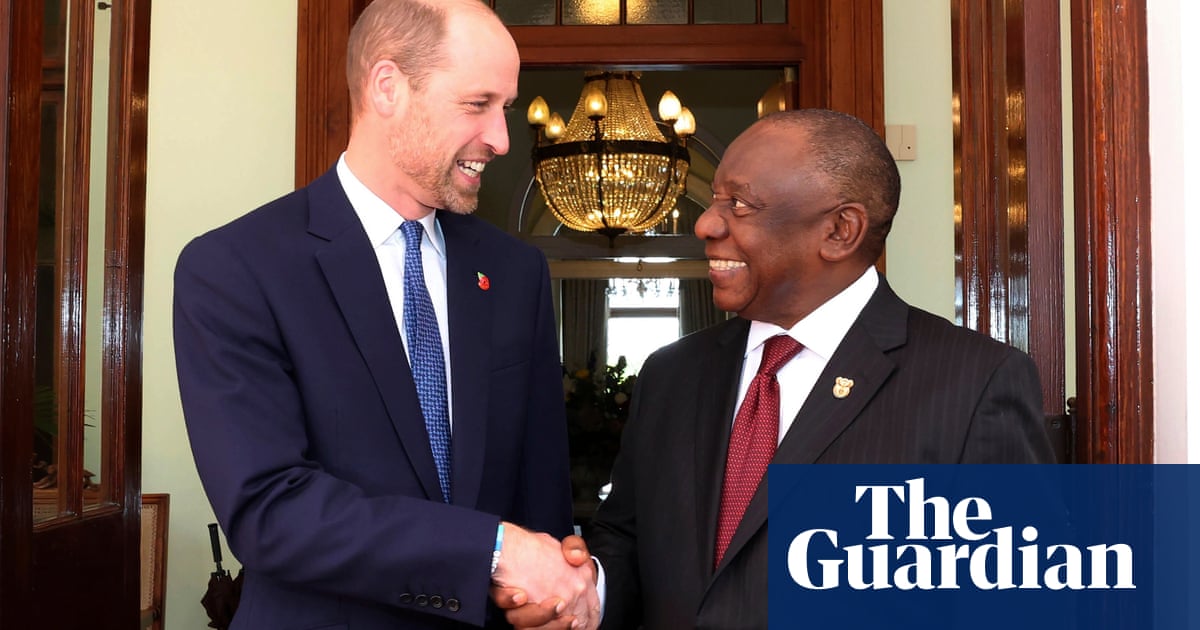Jamie Oliver has really drawn his kids’s publication from sale after stricture from First Nations neighborhoods that the dream story stinks and dangerous.
Penguin Random House UK on Sunday alerted the Guardian that Billy and the Epic Escape would definitely be taken out from sale in all nations the place it holds civil liberties, consisting of the UK and Australia.
Oliver, that’s at the moment in Australia promoting his most present recipe ebook, has really offered a 2nd apology.
“I am devastated to have caused offence and apologise wholeheartedly,” the British star prepare dinner said in a declaration.
“It was never my intention to misinterpret this deeply painful issue. Together with my publishers we have decided to withdraw the book from sale.”
Oliver’s writer said it took full obligation for the slipup.
“Our mission at Penguin Random House UK is to make books for everyone and with that commitment comes a deep sense of responsibility,” the writer’s declaration said.
“It is clear that our publishing standards fell short on this occasion, and we must learn from that and take decisive action. With that in mind, we have agreed with our author, Jamie Oliver, that we will be withdrawing the book from sale.”
The National Aboriginal and Torres Strait Islander Education Commission (Natsiec) led the cellphone name to take out information. Support originated from standard Indigenous literary numbers, consisting of the Wiradjuri author and writer Dr Anita Heiss, and the Kooma and Nguri kids’s publication author Cheryl Leavy.
Natsiec condemned the UK-published publication as “damaging” and “disrespectful” and charged Oliver of including to “the “erasure, trivialisation, and stereotyping of First Nations peoples and experiences”.
Billy and the Epic Escape is embeded in England but takes a fast trip to Alice Springs the place the story’s dangerous man snatches a younger First Nations woman residing in foster remedy in an Indigenous neighborhood.
The publication has really been condemned in Australia for bolstering hazardous stereotypes and “trivialising complex and painful histories”.
The Natsiec president, Sharon Davis, criticised results in a part entitled To Steal a Child that First Nations households “are easily swayed by money and neglect the safety of their children”.
“[It] perpetuates a racist stereotype that has been used to justify child removals for over a century,” Davis said.
“This portrayal is not only offensive but also reinforces damaging biases.”
The publication moreover consisted of errors in Oliver’s effort to make the most of Indigenous phrases attracted from the Arrernte language of Alice Springs and the Gamilaraay people of NSW and Queensland.
Oliver and his writer knowledgeable Guardian Australia that no evaluation with any kind of Indigenous organisation, neighborhood or particular occurred previous to information was launched.
Leavy, whose preliminary kids’s publication, Yanga Mother, faces the background of the taken generations, said the selection to attract information was the suitable one.
“It makes it possible for Penguin Random House to build relationships with First Nations communities and tell better stories,” she said.
“It’s time now for Penguin Random House to work with First Nations advisers to put structural measures in place that prevent this from ever happening again.”





